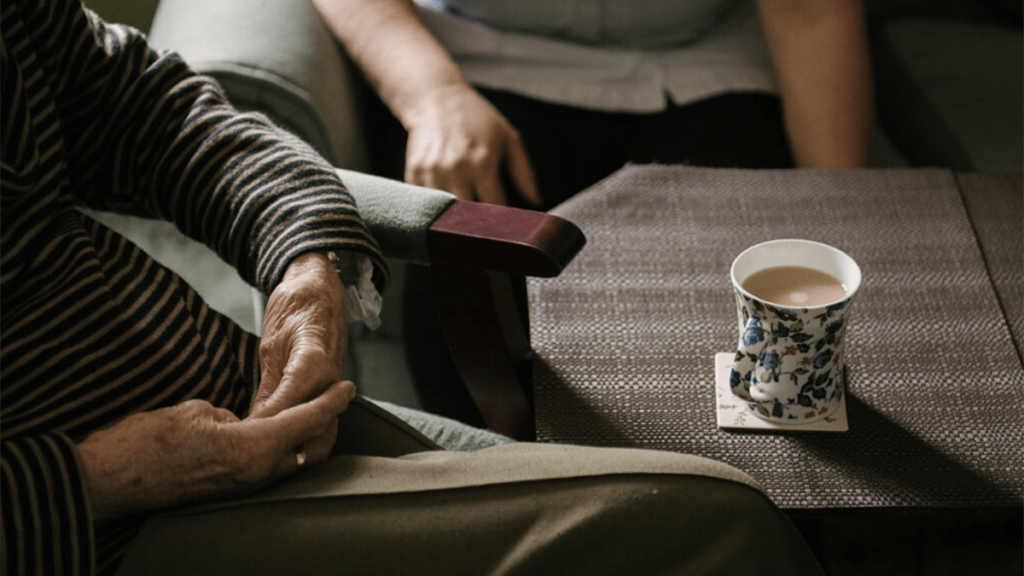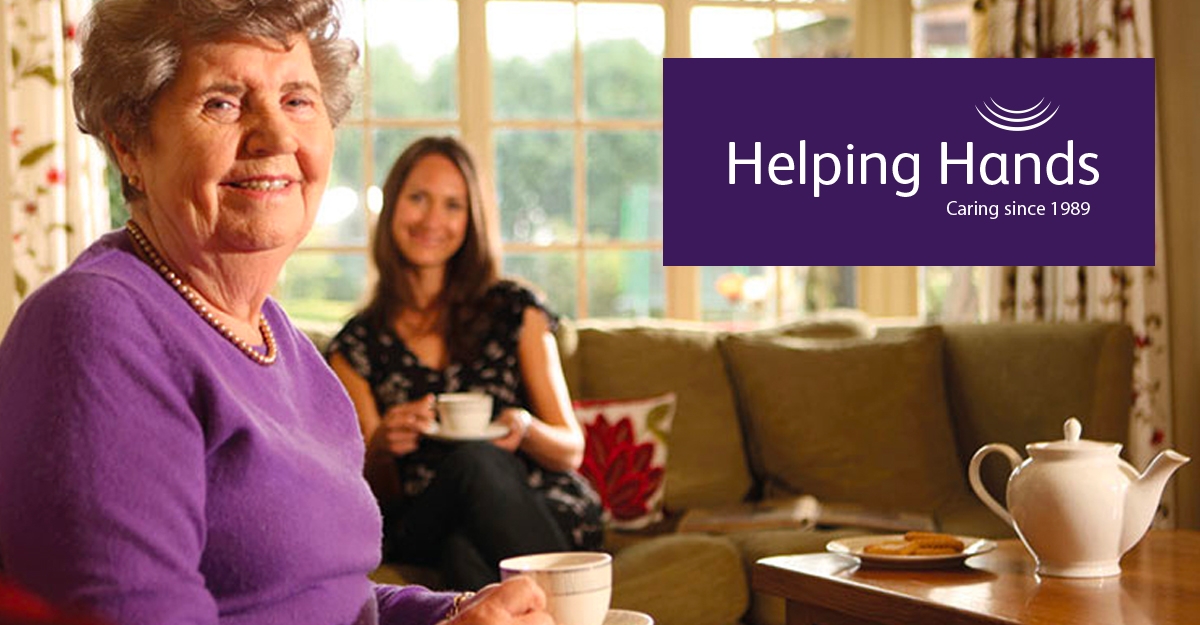If you’ve reached your senior years and you need extra support here and there, it can often be quite daunting to think about your care options – particularly if you have been fiercely independent for most of your life. There are lots of things to consider; where is the best place to receive care? What do I need help with? Do I have to move into a care home? As well as countless questions and uncertainty, this can also be a time where care needs have arisen very suddenly without time to prepare.
Perhaps you have had a recent illness and realise that you need extra support on a daily basis to help with the housework and shopping. Or maybe a loved one has recently been diagnosed with dementia and they need assistance with personal care and mobilising safely around their home. Home care can support with both of these scenarios and many more, saving you from the stress and upheaval of moving into a care home whilst also allowing you to relax in the comfort of your own home where you feel safe and secure.
What is care at home?

Care at home is additional support for you to stay safe and well in the comfort of your own home. It enables you to retain your independence, just with a little extra helping hand with personal care, household chores, collecting your shopping and companionship.
Not only does home care give you the extra assistance you may need if you have a long-term health condition or are in your more senior years, it also gives you and your loved ones peace of mind that you’re being cared for in the place you know and love: your own home.
And it’s not just help at home that is covered by this type of care. Your mental and emotional wellbeing is just as important as your physical wellbeing, which is why your carer can help you to pursue your hobbies and interests, assist you when meeting with friends and accompany you to your local café for a cup of tea and slice of cake.
What are the different home care services?
Anyone who requires help with any aspects of daily living can benefit from home care. Whether you’re living with a health condition such as Parkinson’s, Alzheimer’s or arthritis and need daily support with getting dressed in the morning and preparing your meals, or if you need assistance getting to and from appointments a couple of times a week if you’re unsteady on your feet – there is always support for you that is matched to your needs or requirements.
Visiting home care, also more traditionally known as domiciliary care, is ideal for someone that requires several visits at week to help them with practical tasks and around the home – perhaps with a call in the morning to help them get out of bed and ready for the day, and maybe another call in the evening to prepare dinner. You may also require overnight support to help you get in and out of bed safely during the night or if you need support to turn safely in bed. Carers will be there to reassure you until the morning, so that you get a peaceful night’s rest.
And if you find that you need more regular support throughout the day and into the evening or you live with a partner and you both need assistance, you can have your very own carer live with you as part of a live-in care service. You’re in complete control of your support plan, with flexible care and maintaining your independence being the aim – with many individuals often describing their live-in carer as more like a friend or extended member of the family.
For those that have more complex care needs such as neurological condition, brain or spine injury or who have just had a stroke, many home care providers offer nursing care to those who wish to stay within the familiarity and comfort of their own home but who need 24-hour or specialist clinical care.
Nurse-led care places emphasis on ensuring all aspects of care are in place that is bespoke to the individual. Specialist carers can support with specific care needs such as tracheostomies, PEG feeding, continence care and ventilation care.
There is also a home care option for those that provide care for a loved one on a full or part-time basis and who need to take a break. Caring for a loved one can be a very rewarding job, but it can also be extremely draining both physically and mentally. Respite care can become an integral part of your care routine, allowing your loved one to still receive the support they need at home whilst you take time to recharge your batteries.
Why choose Helping Hands?

Helping Hands Home Care was founded in 1989 in Warwickshire by Mary Lee, who knew there was a need for some sort of home care provision in the Midlands that gave people choice over their care. And that’s when she created Helping Hands from her very own kitchen table, with aim of enabling those in need to receive care at home and be as independent as possible. Fast-forward to over 30 years later, and they’re still providing care and support to people in their own homes, just on a much grander scale.
Opening over 120 branches across England and Wales means that they are local to you and can reach so many more people in need with carers handpicked from the community. And it’s their carers that really are the backbone of Helping Hands’ success.
As well as fantastic carers, all of Helping Hands’ local services are regulated by the Care Quality Commission (CQC) and the Care Inspectorate Wales (CIW) – the governing bodies for care in England and Wales respectively. They ensure that they provide a safe, effective and response service, and ultimately do what they say they’re going to do.
If you’re considering care for yourself or a loved one, you can call Helping Hands’ customer care specialist team today on 0808 239 3583. They will discuss your care needs with you and arrange a home visit from a local care manager, who will get to know you and your preferences and begin to start your care journey.
Manage At Home have formed a new partnership with nationwide home care provider Helping Hands to provide the expert care and support, to help people to live independently at home. We have created a Helping Hands product collection page with a variety of products including adjustable beds, over-bed tables and adjustable high back chairs.

